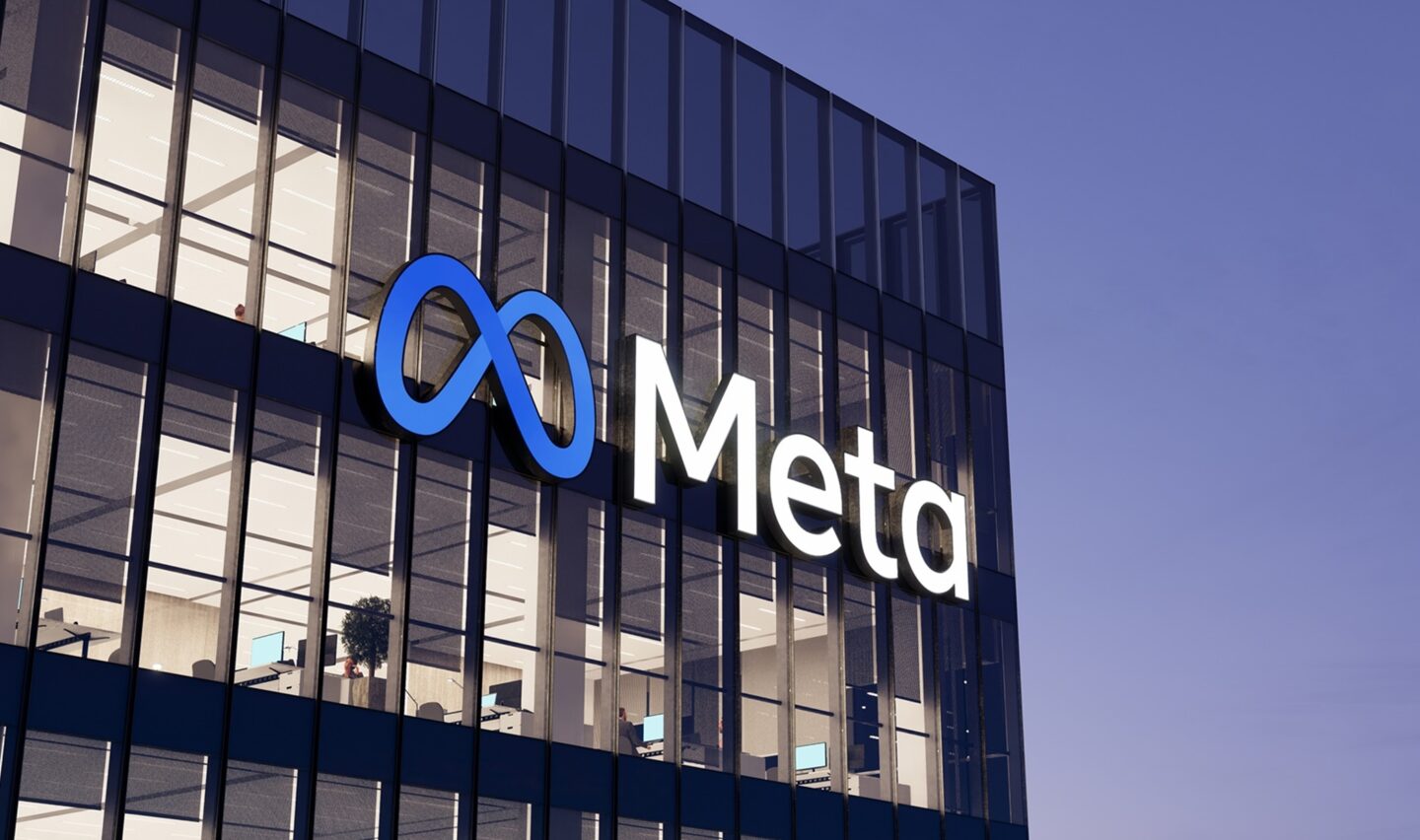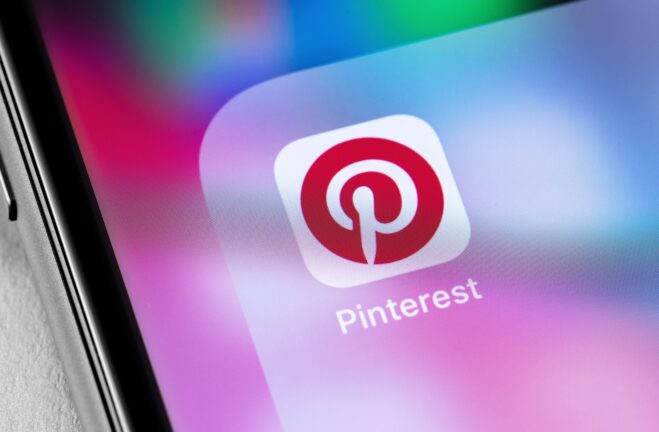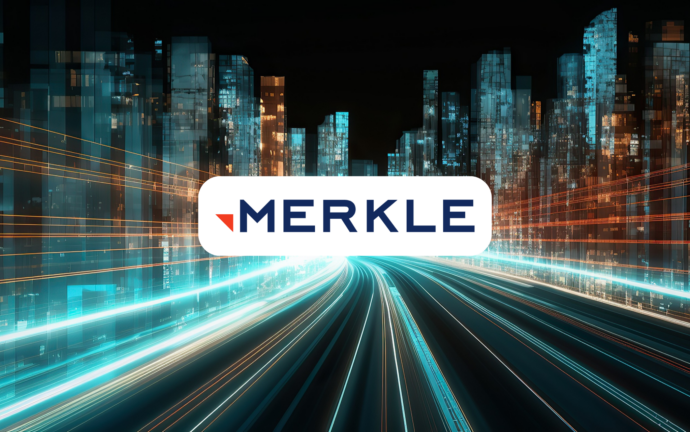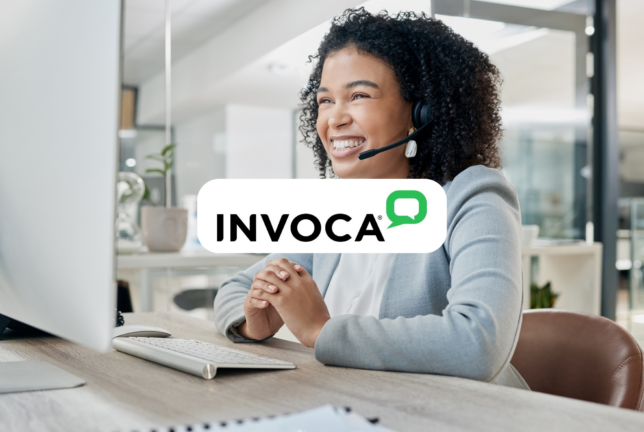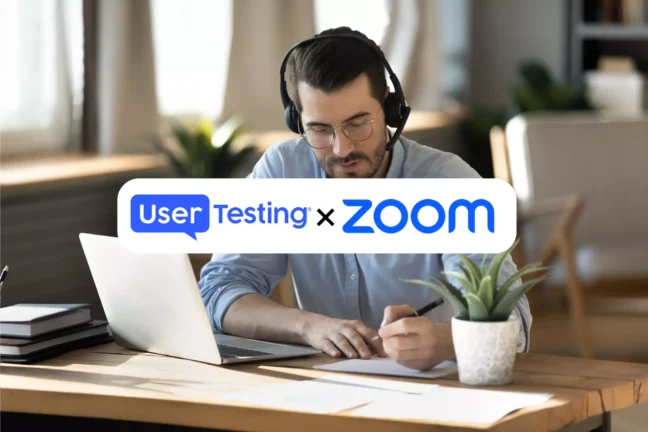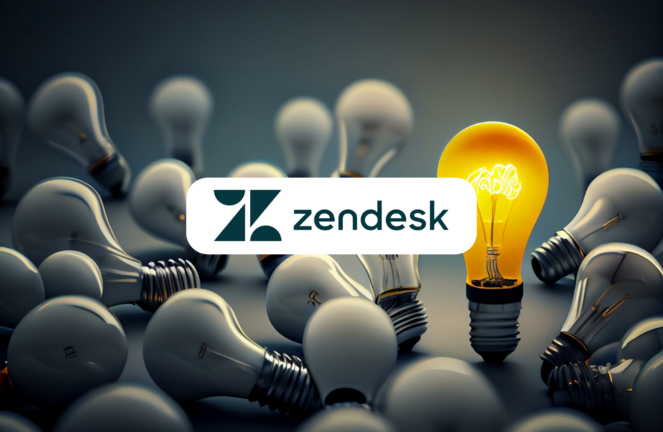Meta has completed its experiment of developing a customer service platform and has officially spun out Kustomer, the CRM startup it acquired last year, for approximately $1 billion.
The newly formed standalone company has received a fresh investment of $60 million from its previous backers, namely Battery, Redpoint, and Boldstart. However, Kustomer's valuation has significantly reduced to $250 million, as reported last week and confirmed by CEO and co-founder Brad Birnbaum. Birnbaum will continue to lead the company, while Meta will maintain a minority ownership stake.
“Our journey with Meta has been amazing, and we are proud of the work we accomplished together to transform how businesses support their customers. Our partnership has resulted in expanding our international offerings, broadening our capabilities with artificial intelligence and deepening our integration with Meta’s modern communication channels, [like] Instagram, WhatsApp [and] Messenger,” said Brad Birnbaum, CEO, Kustomer.
In March, Meta initially announced its plan to go separate ways with Kustomer as part of a broader cost-cutting and restructuring initiative. This move aligns with Meta's goal of increasing efficiency, which CEO and co-founder Mark Zuckerberg has referred to as the "year of efficiency." As part of this initiative, Meta has undertaken various measures, including a significant reduction in its workforce with around 21,000 layoffs.
Additionally, the company has shut down several new app and content projects such as Move, NFT support, and the Super Cameo clone. Meta has also abandoned some of its non-consumer ventures, like its Connectivity infrastructure projects, which were pursued over the years.
It remains uncertain if there were potential buyers interested in acquiring Kustomer. However, by retaining a minority stake in the CRM business, Meta has the option to continue collaborating with Kustomer to develop products and provide services to clients acquired during Meta's ownership period. Given the ongoing pursuit of generative AI innovations, there is potential for both companies to create and integrate interesting tools across Meta's platforms. However, the extent of their existing business collaboration prior to this point is unclear.
One-year ownership
Although the Kustomer acquisition was initially announced in November 2020, it took until early 2022 to complete all necessary regulatory clearances. Facebook (rebranded as "Meta") officially closed the deal in February 2022, meaning that Meta owned Kustomer, which was acquired for $1 billion, for a little over a year.
The initial goal of Kustomer was to revolutionize customer relationship management (CRM) by introducing an "omni-channel" approach. Traditional CRMs were deemed inadequate for the way modern consumers engage with businesses. Instead of relying solely on basic customer service lines and desks, Kustomer aimed to integrate various social media platforms, websites, and messaging apps into a unified platform. The objective was to simplify the management of these channels while leveraging the data gathered to gain valuable insights into customer sentiment and enhance outbound marketing communications.
This aligns with Facebook's and later Meta's vision for platforms like Messenger, Instagram, and WhatsApp. Recognizing that people and businesses were already using these platforms for informal communication, the idea was to develop enterprise-grade products that would formalize, monetize, and enhance these interactions.
